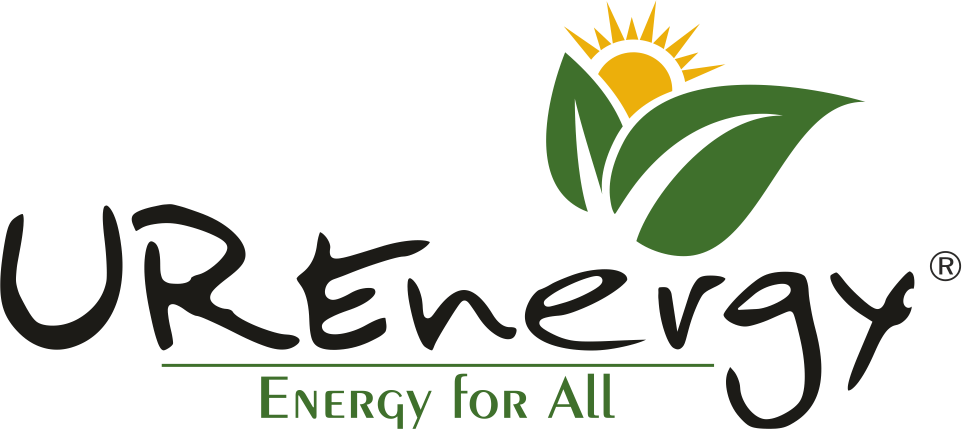One needs to think carefully about their goals and access to cash or a financial institution loan to determine whether an outright purchase, PPA or Lease is best.
If you want to maximize the financial benefits to you, take advantage of federal incentives and have cash on hand or access to a financial institution loan than you should strongly consider buying the solar energy system.
On the other hand, if you are looking for immediate savings on day 1 of the solar energy system running and do not have access to capital to fund the project than a solar PPA or lease may be your best option.
U R Energy Global will help you navigate the various options to ensure you maximize your financial returns, can go solar and join the renewable energy movement!

